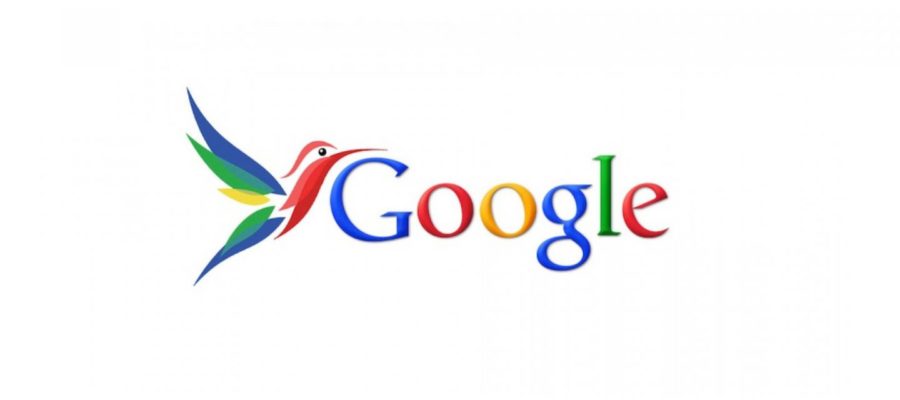Hummingbird is Here! How Does Google’s New Birdy Affect You?
Posted - September 30, 2013

Keeping up with their penchant for animal-themed search algorithms, Google announced that its new information sorting system known as “Hummingbird” has been in effect for the past month. If you are not a high level SEO expert, you may not have noticed any difference… but if you were asking the right questions, you might have seen a subtle change. From what we at Dallas SEO Dogs understand, and you will too by the end of this post, is that asking Google more questions is what Hummingbird is all about. So what does Hummingbird do, and more importantly, how does it affect your company and your SEO? Let’s take a look at some details from Google:
- Hummingbird is a brand new addition to Google’s algorithm repertoire. Not an update or upgrade. The biggest addition since it’s “Caffeine Update” in 2010.
- Google has named it Hummingbird for being fast and precise and able to sort information quickly… like… a hummingbird?
- It’s been operating since last month, but Google only announced it last Thursday
Great. But what does it do to my site or business? The entire purpose behind Hummingbird is to enhance “Conversational Search”. As technology advances, people have begun to understand Google’s search ability to think and adapt their results based on a user’s choice of wording. In the “olden days” of searching, people simply strung keywords together for the best results, such as “Apple Stores in Dallas”. Now, users have commonly begun to ask Google more and more questions, or search in the form a statement. Globally, users are typing more conversationally when searching, and so an addition like Hummingbird makes sense. We have Smartphone AI tools like Apple’s Siri to help answer our questions for us, and Hummingbird is going to make that process easier. I’m planning a trip to Europe, and the other day I asked Google “What is 20KG converted to pounds?” and it immediately came back with the answer and the explanation of the conversion (44.09 lbs., by the way). That is Hummingbird in a nutshell. The algorithm is designed to take into accountevery word within a query, and return results that do best to respond appropriately to your input. With Hummingbird, inquiries like “What’s the closest place to buy Grand Theft Auto V by my home?” or “Where can I get a wrecking ball like Miley Cyrus?” are now more easily interpreted, given that you’ve provided Google with your location and the right information. (Okay, Hummingbird may not be able top find Miley’s wrecking ball YET, but I’m sure it will soon). Hummingbird provides a more precise response, including maps, travel instructions, and more, delivered straight to your computer or mobile device.
Bottom line: This should not immediately affect SEO rankings, so don’t freak out about content changes. Rather, Google has given further life to SEO and those who deliver fresh, unique content. If you’re doing it right, Hummingbird should help, just as Penguin and Panda should have if you had been practicing good SEO all along. We do have one tip – If people are beginning to search Google inquisitively, perhaps it’s time to implement a line of inquisitive content into your site, such as a “Frequently Asked Questions”. These could boost rankings if you answer popular question related to your site, business, or industry. Overall, Google admits there’s nothing new or different that SEO experts or publishers need to worry about. Guidelines remain the same, and if you have original, high-quality content, you have nothing to worry about. Hummingbird simply allows Google to process inquiries in new ways and deliver custom information tailored to your individual inquiry.
